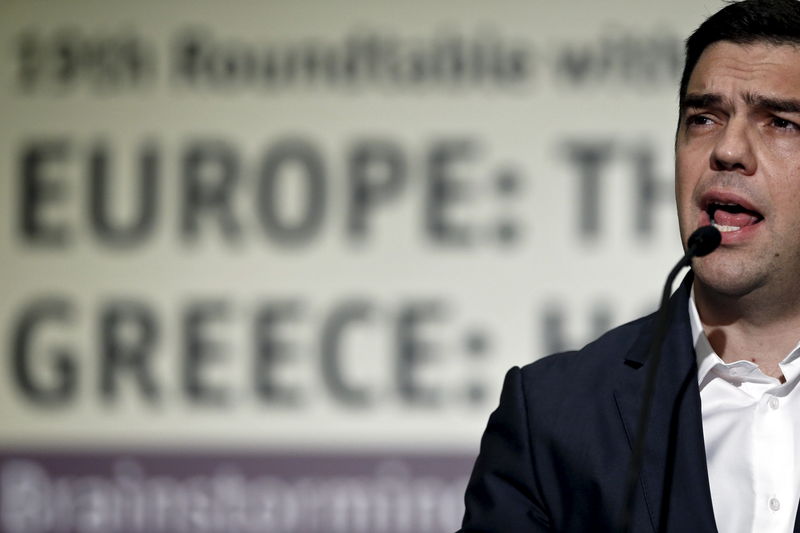By Karin Strohecker
LONDON (Reuters) - A historic breakthrough in U.S.-Cuba relations has set investors clamouring to buy the Caribbean island's long-defaulted debt but one of the biggest private holders of the distressed loans is refusing to cash in yet.
Following five decades of Cold War confrontation between the United States and Cuba's communist government, President Barack Obama surprised the world in December, announcing Washington would restore diplomatic ties with Havana and lift some economic sanctions.
Events have moved fast since: Cuba is to come off the U.S. list of state sponsors of terrorism, Obama shook hands with Cuban President Raul Castro in April, and the Paris Club of wealthy creditor nations is working on expediting debt talks.
That has increased interest in all Cuban assets, including debt that has been in default since the 1980s and which is now largely in the hands of specialist distressed debt funds.
"All sorts of people are ringing us up who want to buy Cuban debt," Nicholas Berry, chairman of Stancroft Trust, who built up his stake in defaulted paper more than a decade and a half ago, told Reuters.
Berry holds around 120 million pounds ($190 million) worth of Cuban debt at face value without deferred interest but he paid between 1.5 and 9 cents in the dollar for the securities. He says he is not selling as expects the bonds will rise further as relations between the countries thaw.
"We have held it for 16 years, we can hold it for another 16 years – for us it is just a great store of value."
Cuba is seeking foreign investment and is hungry for fresh credit, but it is customary for a country in default to cut a deal on outstanding debt before returning to the markets.
In April, Stancroft Trust and two other parties formed a London Club committee to negotiate debt held by the private sector. The three funds, according to their own estimates, hold almost half the country's debt obligations to commercial creditors.
Some of the defaulted issues have already been dealt with.
In the past four years, Cuba has restructured its debt with China, Japanese commercial creditors, Mexico and Russia, each time obtaining substantial reductions in what it owed in exchange for payment plans it can meet.
Berry said he expected negotiations between Cuba and its creditors to take months, if not years, adding his focus as a private creditor was to get an instrument that would reap him the rewards of Cuba's economic potential in the decades ahead.
"We need an instrument for us, an instrument linked to future growth," he said. "I want to see America rebuild Cuba."

($1 = 0.6378 pounds)